Share the page
Integrating biodiversity into regional planning in Southern Africa (SANBI)
Project
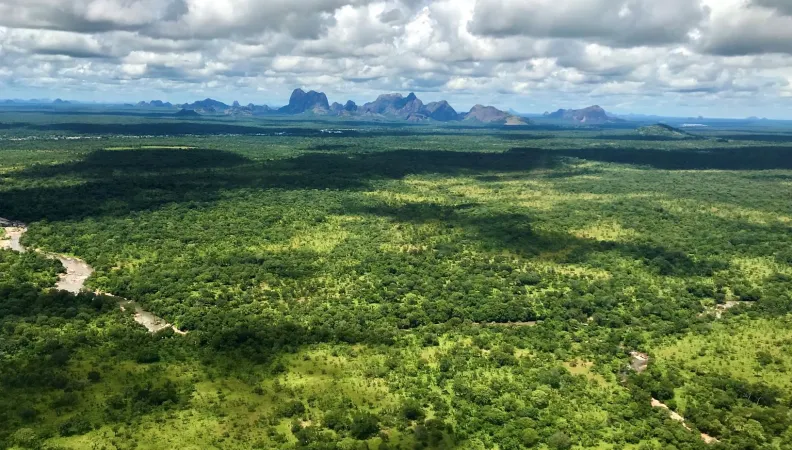

-
Project start date
-
Status
In progress
-
Estimated date of project termination
-
-
Project financing date
-
-
Financing duration
-
5 years
-
Type of program
-
FFEM
-
Global financing amount
-
€ 6 691 000
-
FFEM financing amount
-
€ 2 000 000
-
Project lead member institution(s)
-
AFD
-
Country and region
-
South Africa, Malawi, Mozambique, Namibia
-
Type of financing
-
Partners
-
SANBI
-
Beneficiaries
-
South African National Biodiversity Institute (SANBI)
-
Type of beneficiary
-
Public local authority
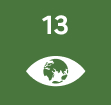
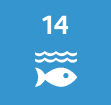
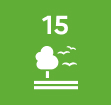
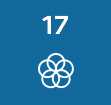
The FFEM is supporting the SBAPP Project “Building biodiversity knowledge for action in Southern Africa” across South Africa, Mozambique, Malawi and Namibia, which promotes an integrated approach bringing together biodiversity conservation and regional planning to combat climate change.
Context
Fewer than 5% of African countries which are parties to the Convention on Biological Diversity (CBD) have the spatial biodiversity data they need to enable them to make decisions and develop informed policies regarding regional planning and biodiversity protection, as part of their National Biodiversity Strategies and Action Plans (NBSAP). Pioneering the implementation of Spatial Biodiversity Assessment, Prioritization and Planning (SBAPP) in the Southern African region, the South African National Biodiversity Institute (SANBI) is a leader in the development of biodiversity mapping and monitoring tools for the purpose of defining action strategies in biodiversity conservation and regional planning. It is essential that countries use relevant and appropriate tools for setting ambitious and realisable targets in biodiversity, in line with the Kunming-Montreal Global Biodiversity Framework adopted in December 2022.
Description
The project seeks to develop and improve processes and outputs for the assessment, prioritization and planning of biodiversity (SBAPP) in four SADC border countries (South Africa, Namibia, Mozambique and Malawi), which share a significant number of similar species and ecosystems. The goal is to strengthen the capabilities of countries in implementing iterative SBAPP processes so that the resulting outputs (i) inform decision making on land use and planning at national and sub-national scale, and (ii) strengthen the ability of governments to meet their biodiversity commitments arising from the adoption of the Kunming-Montreal Global Biodiversity Framework.
Outcomes
- Supporting capacity building in each country within the SBAPP group in order to identify the priorities and spatial distributions of biodiversity which should be conserved, protected and/or restored, and to better target their national conservation goals.
- Reducing loss and degradation of land and marine ecosystems that are rich in carbon and biodiversity, both vitally important in reducing global warming and further protecting biodiversity, with significant co-benefits for adaptation.
- Improving countries’ resilience by reducing community vulnerability in the face of climate change and encouraging regional planning and more sustainable sector development policies.
Innovative and exemplary features
The project is innovative through its integrated approach, from the collection of biodiversity data - combining work in the field with digital technologies in countries which currently lack these - to their incorporation into decision-aiding tools for regional planning compatible with biodiversity conservation.
The methodology promoted by SANBI is entirely reproducible by any country looking to integrate biodiversity into regional and sector planning, for all sectors whose activities may impact (positively or negatively) the biodiversity of other countries in the sub-region, and it also encourages dialogue among Global South countries.
Capability strengthening is also a project pillar, centred around training activities and discussion among all project stakeholders. Technical experts from these countries will be trained in the implementation of SBAPP processes, from data acquisition to distribution of the tools produced.
Sustainable Development Goals
ODD13 Climate action

ODD14 Life below water

ODD15 Life on land

ODD17 Partnerships for the goals



